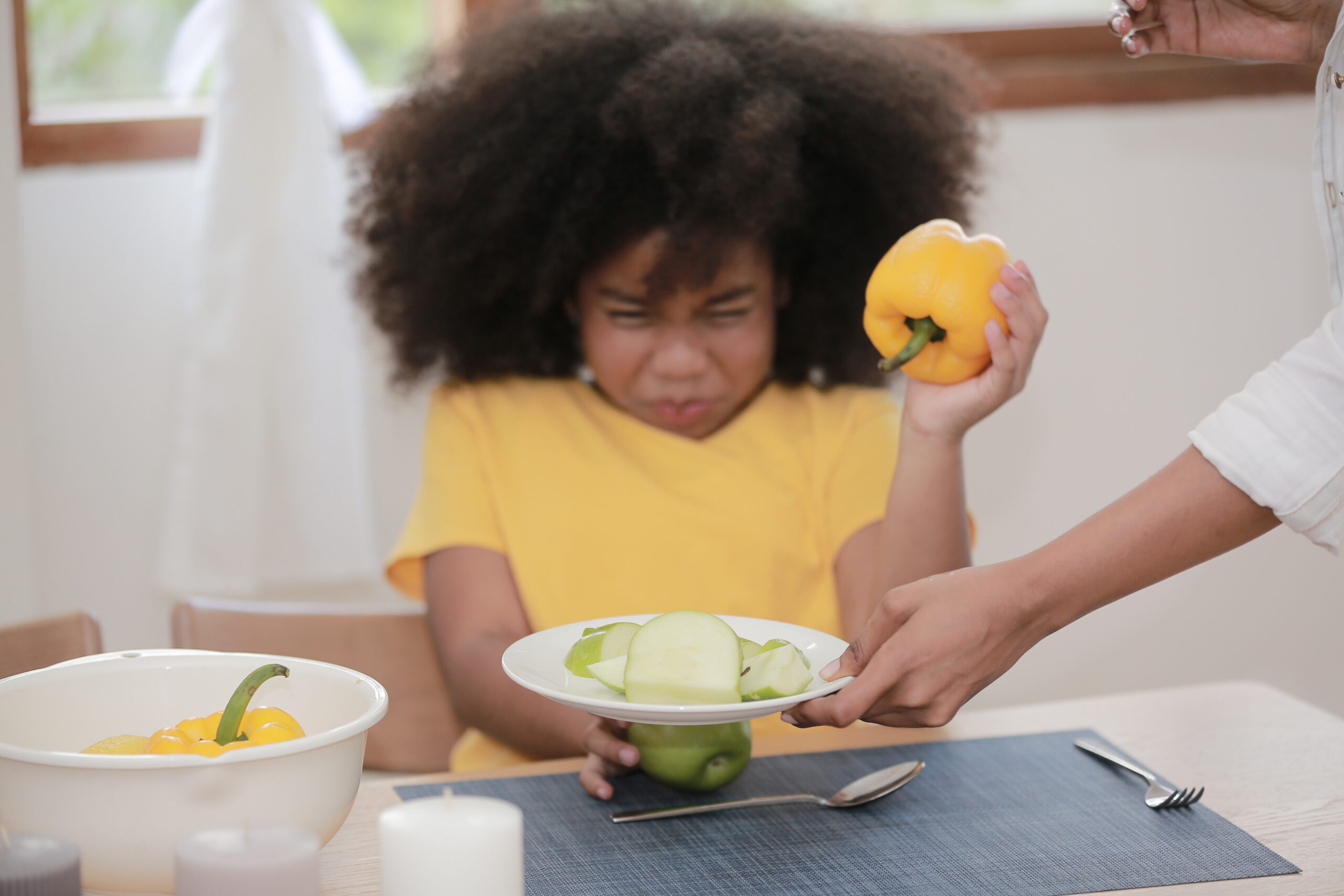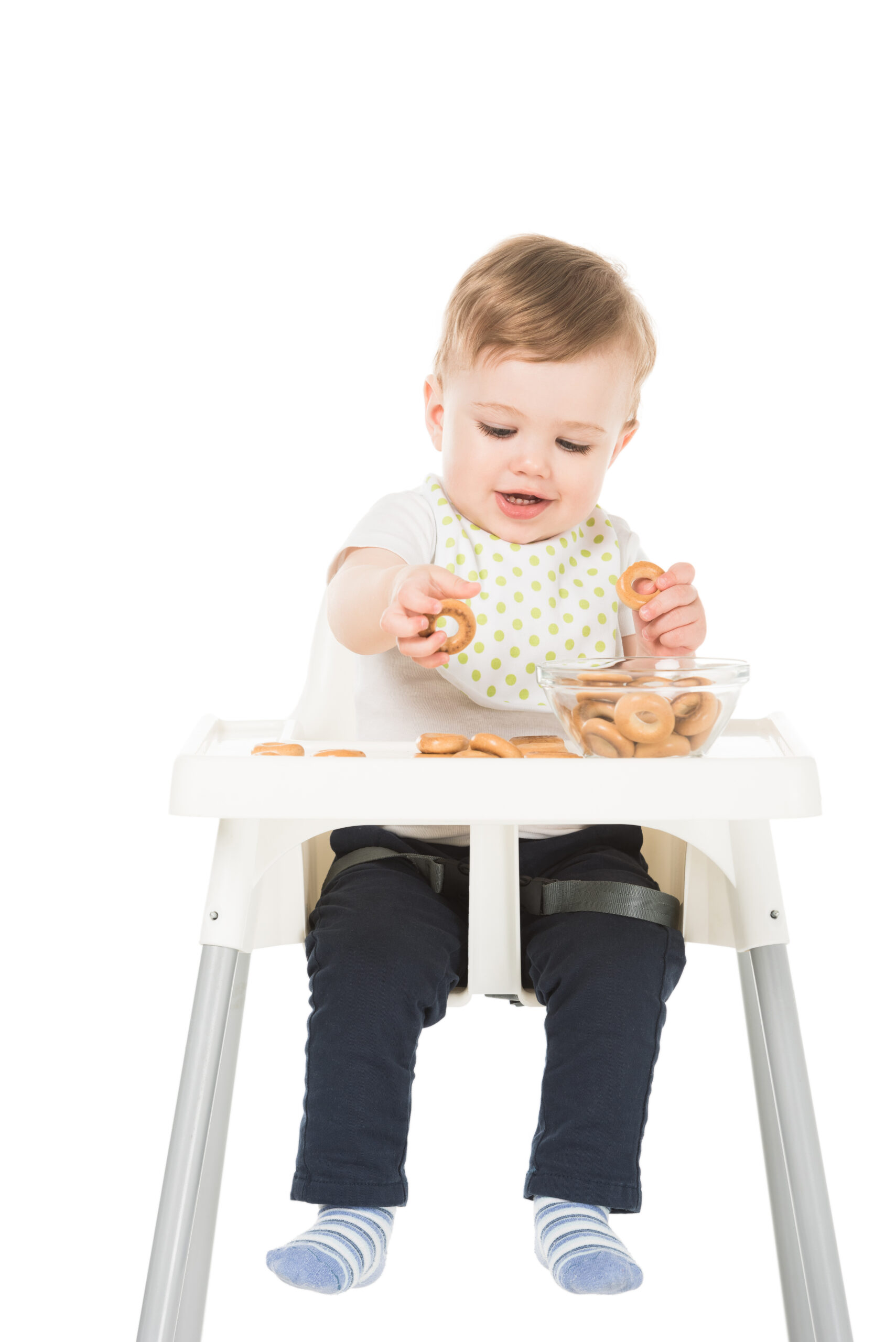How To Talk About ‘Pickiness’

Accept the fact that yes, your child is a ‘picky’ eater. Then own it so you can start to address it and collaborate on ideas with other professionals and parents.
Selective eating is a trait that many kids share, thanks to the incorporation of processed foods into our diet or comfort with drinking excess milk, among other culprits. If your child is experiencing more significant feeding concerns, see article When Do I Request a Feeding Therapy Evaluation? Selectiveness is based on different temperaments and actions and does not have to be viewed as a fault. We can all learn to be more open to exploring foods together.
- Normalize
It is developmentally appropriate for kids to become pickier between the ages of 15 months- two years old, as they start to discover and remember their likes and dislikes and separate themself from their parents. This can be compounded if a child is motivated by movement and not interested in sitting down for a meal. Learning to taste is a skill, which takes time to develop.
- Embrace the Positive Qualities
Your child is being cautious and trying to make safe choices. They also may be super tasters, which can smell and taste more nuanced flavors than we may notice. Learning to slow down is a great mindful exercise and yes, makes us learn to become more patient. You can also learn more in this process about where foods come from and creative ways to create them!
- Control the Commentary
Explain to others that your child can be selective about what foods they eat and how they are prepared, but they are learning how to expand their palates. Kids are always learning and we want them to practice a growth mindset so they can rewrite their story. Name any new foods that were explored recently to reinforce positive behaviors.
- Manage Expectations
Go to eye level. Do something grounding. Play with something safe, hold in hand. Model the behavior you do want.
- Debrief
Do not praise social norm of eating everything but celebrating the baby steps. Team tiny changes. I love how you were being so brave and curious and came to the table.
- Refrain
as a positive expericien : What did you like about trying the food. I saw at first you were nervous but you took a bite and that’s great




Leave a Reply